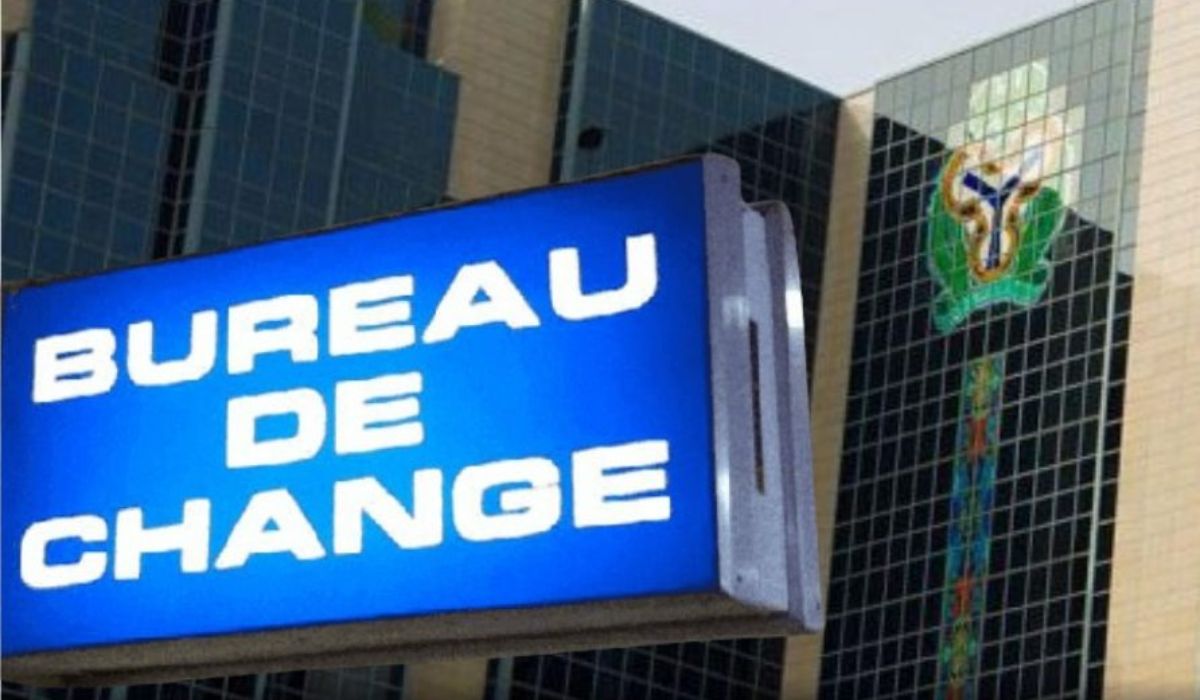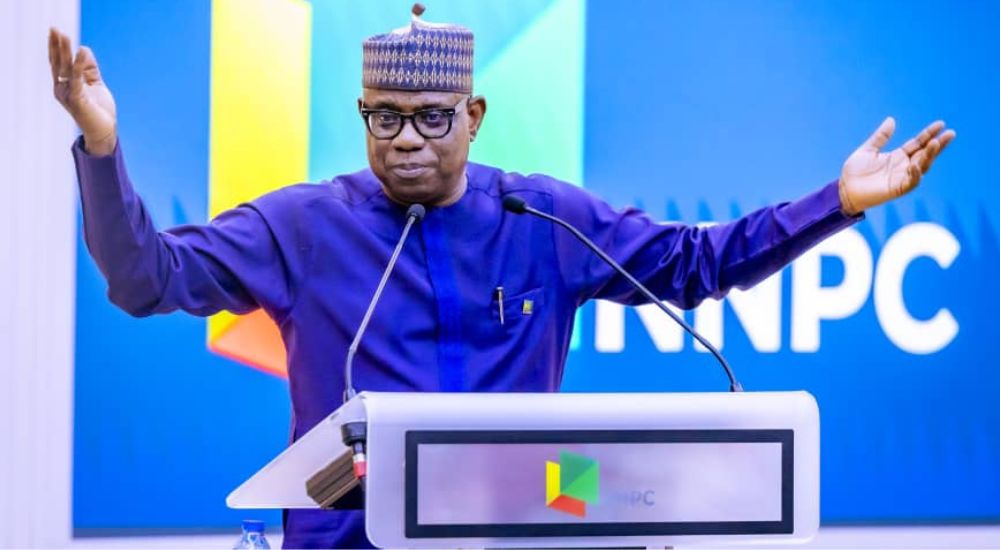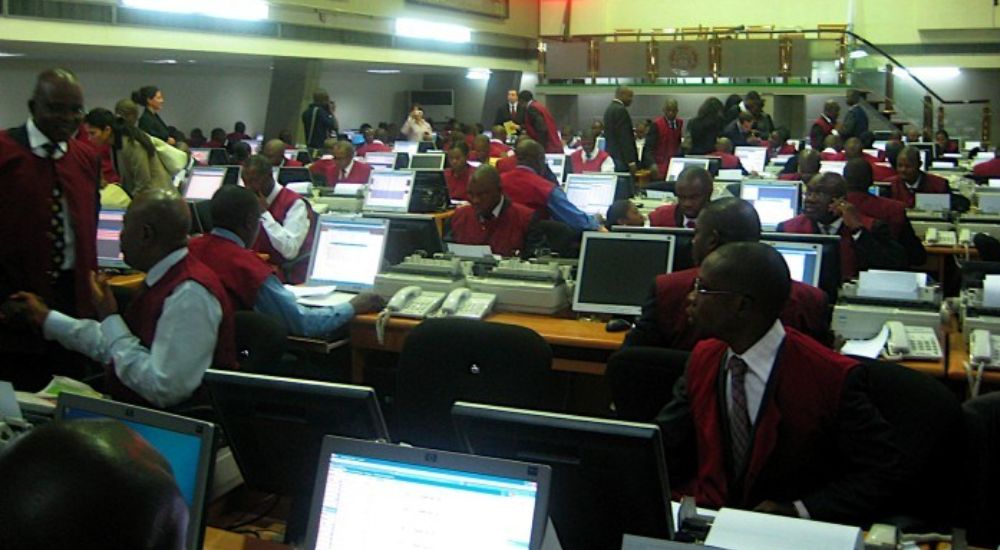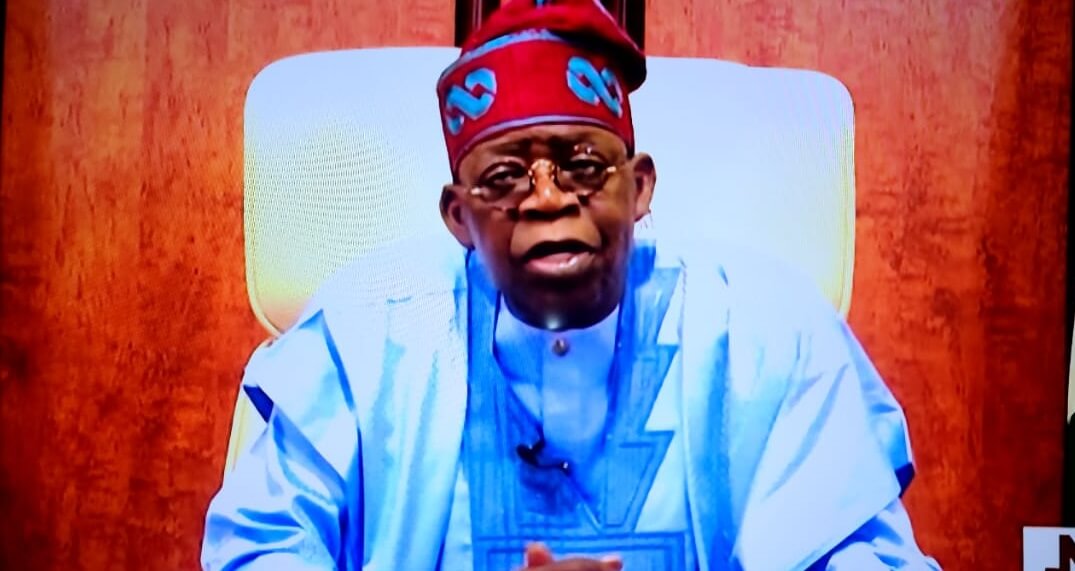ABCON Seeks Extension As 95% Of BDCs Fail To Meet CBN Recapitalisation
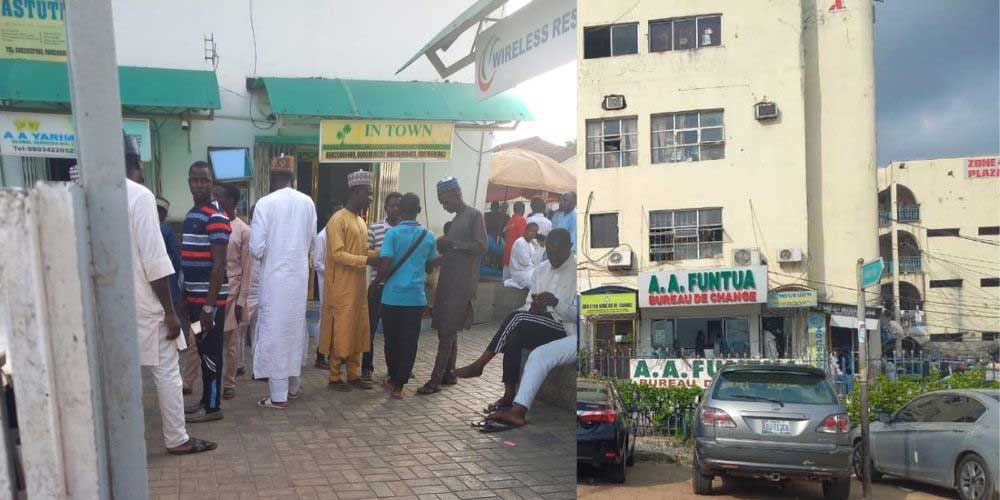
The expiration of the recapitalisation deadline for Bureau de Change (BDC) operators has triggered widespread anxiety in the sector. Many operators say the 12-month timeline was unrealistic and unfair, especially when Deposit Money Banks (DMBs) were given two years and microfinance banks had 18 months to meet similar capital requirements.
The President of the Association of Bureau de Change Operators of Nigeria (ABCON), Aminu Gwadabe, is seeking parity in recapitalisation timeline across the financial sector, given that the deadline for BDCs’ recapitalisation has expired, with only five per cent of ABCON members meeting the target.
In May 2024, the CBN increased the minimum share capital of Tier 1 BDC license to N2bn and N500m for Tier 2 license as against the previous threshold of N35m for license.
The directives were contained in the apex bank’s revised Regulatory and Supervisory Guidelines for BDC operations in Nigeria. The guidelines were designed to enhance the regulatory framework of the foreign exchange market.
BDCs were given an initial six months to comply, but the CBN gave an additional six months’ grace ending June 3, 2025, making a total of one year period.

In an exclusive interview with THE WHISTLER, Gwadebe appealed for an extension by an additional six months to avert job losses and avoid monopoly in the BDC subsector.
The ABCON Chief said, “In the industry, banks were given two years, and till now, I don’t think we have more than two banks that have recapitalised. Microfinance banks were given 18 months for recapitalisation. Why will BDCs be given six months in the first instance? We agree they have increased by another six months. BDCs are not deposit takers or loan givers.
“Our appeal is that the same should have been extended to BDCs, knowing fully well that the BDCs are even the small end retailers. Considering the industry standard, we request the same to be applied, like the 18 months that was given to microfinance, given that BDCs are not deposit takers and also not loan givers. We have not released official data, but from our reliable data, those who have complied so far, can’t be more than five per cent.
“The concern is that the deadline affects existing BDCs. As an old BDC, even though you have the capital, you can’t use your name, existing or old structure to apply. You can not come under the name, you cannot come under the structure. You have to apply as a fresh BDC. The advantage for you being existing has been removed.”
CBN Engagement Under Cardoso Most Inclusive
Speaking on the relationship between ABCON and the CBN, especially working with the CBN to improve the FX market, the ABCON boss told THE WHISTLER that the convergence of the official and BDC exchange rates is a clear testament to the impact of CBN Governor, Olayemi Cardoso’s reforms, anchored on transparency and accountability.
Gwadabe said under his leadership, BDCs relationship with the Central Bank has grown remarkably stronger, marked by frequent stakeholder engagements and a collaborative spirit never seen before.
The ABCON Boss said, “First, I want to link the convergence of the official and BDC rate and the stability of the exchange rate to the Cardoso reforms, especially in terms of introducing transparency and accountability. They have succeeded in removing the distortions that usually create such gaps- kudos to them.
“Over time, our relationship with them has been cordial. It has been more cordial with the present leadership of the CBN Governor. We have collaboration in diversity. He is coming to us all the time through his senior management to have stakeholders’ engagement. In fact, our engagement with CBN has not been as many as we have with Cardoso’s administration. Our relationship is as cordial as a relationship between master and servant.
“As an association, we are regulated and the CBN is the overall regulator. So, sometimes, it is not necessary for the CBN to consult us before making decisions. But we have improvements in the level of consultation.
“We also appeal that this kind of engagement should continue because the intention of the Central Bank for bringing the BDCs into the official market, first, is to ensure liquidity and to check the activities of illegal operators by way of ensuring easy liquidity so as to continue to achieve CBN target. BDCs have, overtime, proven to be the potent and effective mechanism for foreign exchange.”
Banks Should Be Banned From Handling PTA, BTA, Others
Commenting on the future for BDCs in Nigeria’s changing financial space, Gwadabe lamented that banks are crowding out BDCs in retail transactions like Personal Travel Allowance (PTA), Business Travel Allowance (BTA), medical bills and school fees.
Gwadabe said, “Experience has shown that banks use their discretion. Most times, they are not eager or comfortable to sell to BDCs because we all have the same product. The banks do BTA, PTA, school fees and medical bills and they are the primary products of BDCs. It is unlike advanced economies where BDCs are the major players that carter for the needs of PTA, BTA, school fees and medical bills.
“My suggestion is that banks should be limited to import and export while the BDCs should be the sole players in entertaining smaller needs of the market like the PTA, BTA, school fees and medical bills given the new capital requirements so that they will be able to at least sustain their business and operate profitably.”
He said BDCs are playing a critical role, adding that the new CBN guideline provides opportunities for BDCs to have access to other FX sources.
Gwadabe said, “The future of BDCs is to advance corporate governance and stronger capitalisation. The CBN guideline came with more benefits for BDCs, especially the new BDCs will be allowed access to export proceeds, allowed access to International Oil Companies (IOC) proceeds, they have access to embassies and pick-up agents of International Money Transfer Service Operators (IMTSO).
” Unfortunately, Nigeria doesn’t have much volume of non-oil proceeds, which is a challenge and also, the IMTSO participation is not like a direct agent, BDCs can only do inward, you can’t do outward.”
He said CBN, however, needs to consider creating more FX sources for BDCs, adding that the apex bank may have to consider increasing its intervention in the market for more stability.
The ABCON president said, “So, I think there is still a need for CBN to calibrate the sources because the CBN has allowed BDCs to access the NFEM, but BDCs will access the market through commercial banks.
“Also, instead of making BDCs only pick-up agents, they should be allowed to be direct agents and should be able to do inward and outward and then also we recommend CBN to calibrate intervention so that BDCs will not rely mainly on banks as source because the business model of the BDCs before now relies on CBN intervention.
“So, if the CBN withdraws intervention completely, I can see a higher challenge for BDCs to operate profitably. They will have issues because, definitely, the purpose of the BDC is to be a tool of the Central Bank to stabilise foreign exchange, checkmate volatility, checkmate hoarding, and wider gap.
“BDCs gave proven to be effective in that scenario. Anytime the CBN makes an announcement that they will intervene in BDC subsector, it comes with panic and stability is achieved.”
ABCON Seeks Extension As 95% Of BDCs Fail To Meet CBN Recapitalisation is first published on The Whistler Newspaper

